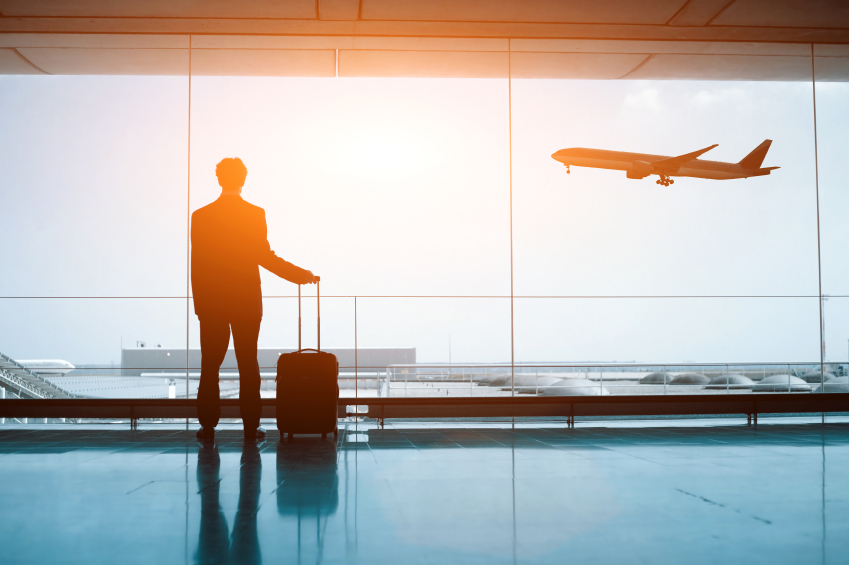In-person interviews, corporate retreats, and customer visits have all declined precipitously since the beginning of 2020, as the COVID-19 pandemic led to government bans on a significant proportion of international and even domestic travel. Even now that vaccines have been made widely available throughout the United States, recent events demonstrate how extensively the pandemic continues to disrupt personal and business travel alike.
Many Choosing Not to Travel
“Airlines canceled more than 300 flights Sunday [December 26, 2021,] as disruptions from the omicron variant of Covid-19 continued to impact crews and staffing,” writes Leslie Josephs in an article for CNBC. “Since Friday [December 24, 2021], airlines scrubbed more than 1,500 U.S. flights, disrupting travel during the busy holiday weekend. United Airlines, Delta Air Lines, American Airlines and JetBlue Airways cited the spread of omicron among crews as a reason for the cancellations.”
These cancellations weren’t limited to one airline—many airlines have been impacted, as have their customers.
“Data from flight-tracking site FlightAware showed that Delta canceled 5% of its schedule, or 139 flights on Sunday after canceling 310 a day earlier,” Josephs reports. “United had canceled 103 flights, or 4% of its mainline schedule, down from 240 flights on Saturday. JetBlue canceled 236 flights Saturday and Sunday. American Airlines dropped 173 flights over the weekend.”
Obviously, the increased travel around the Christmas holiday meant that the number of flights (and, consequently, the number of flights potentially impacted by travel issues), as well as the publicity around cancellations, was heightened; however, this holiday incident highlights the continued challenges air travelers face.
Finding the Right Balance
For employers and recruiters, the challenge is how to balance the value of in-person interactions with customers, employees, and applicants against the likely obstacles the pandemic continues to pose for arranging those in-person visits. A business trip that might have required a 2- or 3-day commitment in pre-pandemic times could now end up keeping travelers away from home for far longer, without the intended benefit of completing the trip after all the dust settles.
The alternative is to continue to invest in ever-improving telecommunications tools like videoconferencing and collaborative cloud workspaces. A reduction in travel expenses may help contribute to the availability of funds to invest in such technologies. The question is whether such an alternative is a temporary or long-term solution. Time will tell.
Lin Grensing-Pophal is a Contributing Editor at HR Daily Advisor.

